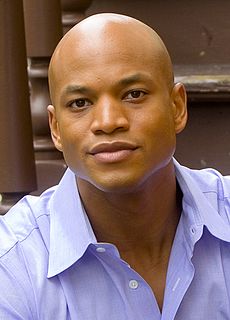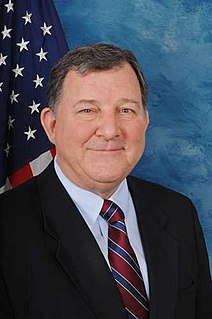A Quote by Simon Mainwaring
Non-disclosure in the Internet Age is quickly perceived as a breach of trust. Government, corporations and each of us as individuals must recalibrate how we live and share our lives appropriate to the information now available and the expectations of others.
Related Quotes
I would like to see transparency become the default for the American government: Abolish the Freedom of Information Act so we don't have to ask government for information but government must ask to keep information from us. The more transparent government is, the more collaborative it can become. The more our officials learn to trust us - with information and a role in government - the more we can trust them.
Do you think that we're products of our environments? I think so, or maybe products of our expectations. Others' expectations of us or our expectations. I mean others' expectations that you take on as your own. I realize how difficult it is to seperate the two. The expectations that others place on us help us form our expectations of ourselves.
If the government is to try and ban private consumption of alcohol and tobacco, it must surely ban such activities as hang-gliding, skiing, rock-climbing and so on. Where should it stop? Rugby? American Football? Ice Hockey?
Insofar as the government has information not generally available about the merits or demerits of the items we ingest or the activities we engage in, let it give us the information. But let it leave us free to choose what chances we want to take with our own lives.
Digital technologies are setting down the new grooves of how people live, how we do business, how we do everything--and they're doing it according to the expectations of foolish utopian scenarios. We want free online experiences so badly that we are happy to not be paid for information that comes from us now or ever. That sensibility also implies that the more dominant information becomes in our economy, the less most of us will be worth.
When God tells us to give extravagantly, we can trust Him to do the same in our lives. And this is really the core issue of it all. Do we trust Him? Do we trust Jesus when He tells us to give radically for the sake of the poor? Do we trust Him to provide for us when we begin using the resources He has given us to provide for others? Do we trust Him to know what is best for our lives, our families, and our financial futures?
What I feel I can do is help people become aware of how pervasive and extensive the arts are, how they affect each one of us in our daily lives—what kind of [buildings] we live in, what kind of clothes we wear, what we see with our eyes. We are often blind to the beautiful things around us. What I'm mostly concerned about is how often we're blind to our own talent. I think that within each human being there is a creative spirit, and some of us have been fortunate enough to have good teachers and parents who've brought this out and encouraged it, but others haven't.
Our sense of identity is in large measure conferred on us by others in the ways they treat or mistreat us, recognize or ignore us, praise us or punish us. Some people make us timid and shy; others elicit our sex appeal and dominance. In some groups we are made leaders, while in others we are reduced to being followers. We come to live up to or down to the expectations others have of us.


































